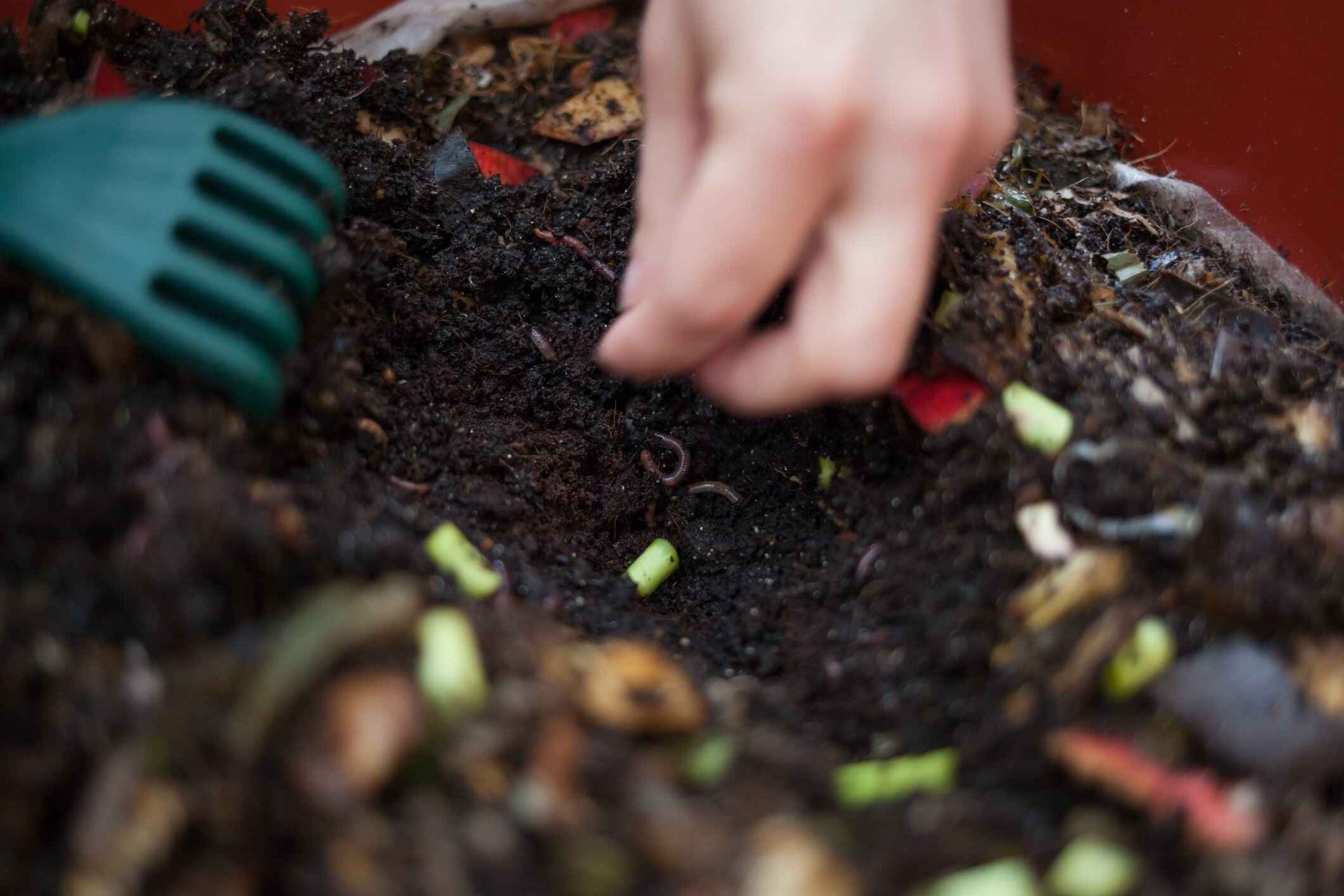Composting is the superhero of waste management, turning your food scraps and yard waste into a powerful nutrient-rich soil amendment that can be used to fertilize plants and gardens. By recycling biodegradable material, you create an ideal environment for bacteria, fungi, and other decomposing materials like worms, sowbugs, and nematodes to work their magic. The great thing about composting is that you can do it yourself in safe, easy-to-follow steps. In this blog, we will give you a step-by-step DIY guide to composting.
- Pick a compost bin.
You need a bin that keeps your composting materials together and helps to retain heat and moisture. Composting bins are usually made of wood or plastic and are available in various sizes. You can either build a composting bin/ pile or purchase one. Make sure whatever bin you choose has small enough holes that allow airflow but prevent rodents. You can also create a composting pile directly on the ground in a sunny, well-drained area.
- Add Organic Material.
Once you have your composting bin or pile, start adding organic materials such as vegetable and fruit scraps, yard waste, leaves, grass clippings, and coffee grounds. You can compost pretty much anything but avoid adding meat, dairy, and oily foods, as they can attract animals and rodents or charcoal that can be harmful to plants.
- Mix Your compost.
To make compost, you need to mix green material like food waste, brown material like small branches, twigs or sawdust and water. You’ll need to add brown and green material in a 50/50 ratio. It’s essential to mix your compost regularly to help break down the organic material and create airflow. Use a pitchfork or shovel to turn your compost and mix the materials. Make sure to add water to your composting bin or pile regularly, especially during hot and dry weather.
- Harvest your compost.
Depending on the type and size of the composting system, the materials being composted, and the environmental conditions, your compost could be ready anywhere between two months and two years.
If you’re using a hot composting method where the materials are regularly turned and maintained at a high temperature (between 130°F and 160°F), you could have your compost in as little as three months. However, if you’re using a cold composting method where the materials are simply piled up and left to decompose naturally over time, it can take six months to two years for the compost to be ready.
Composting is an environmentally friendly and cost-effective way to manage organic waste, reduce greenhouse gas emissions, and promote sustainable gardening practices. Patience is key when it comes to composting. With proper care and attention, you’ll be able to create nutrient-rich compost for your garden in no time.
Our premium soil blends are the perfect choice for gardeners looking to achieve exceptional results. Whether you’re a seasoned pro or a beginner, Soil Kings has everything you need to cultivate a beautiful and bountiful garden! Contact us today.




